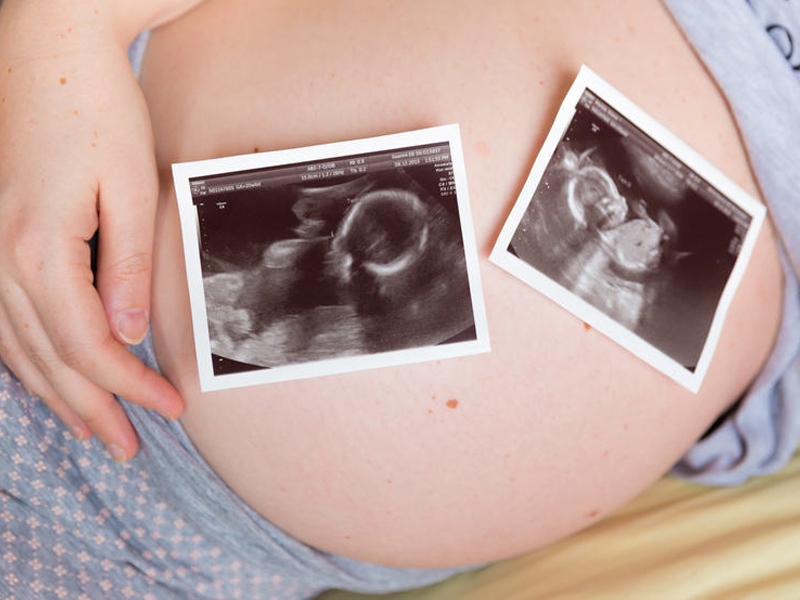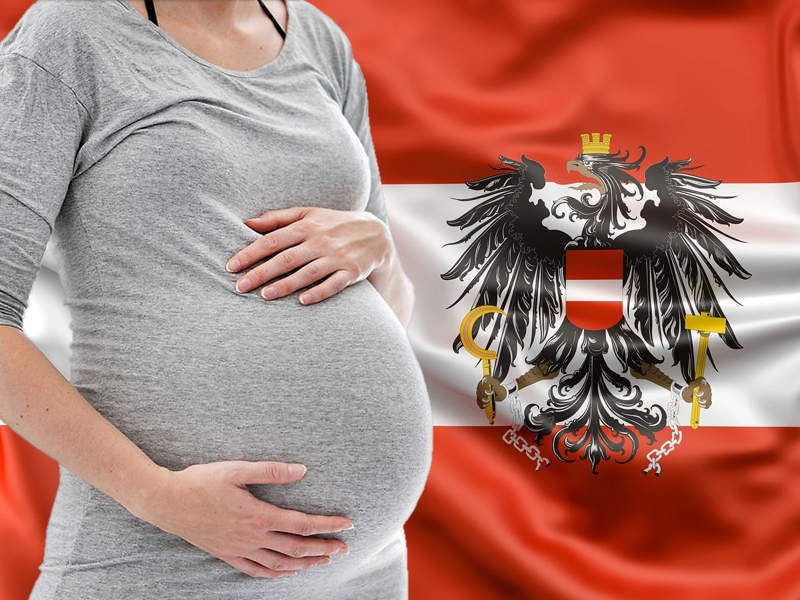Surrogacy in Singapore

Surrogacy is a hot topic in modern society. Society is controversial about its attitudes towards the surrogacy process and so are entire countries, which either prohibit it altogether or impose numerous restrictions on the provision of services for conceiving and bearing children from donated biological material.
The number of children who have been born using assisted reproduction is increasing continuously. Clients from all over the world can get their long-awaited chance from the international agency Vittoria Vita – a team of professionals that makes all efforts to ensure that the number of happy families grows.
Surrogacy laws in Singapore
Since 2015, Singapore’s Ministry of Health has banned the use of this method of childbirth, when a woman carries and gives birth to a child for another family. Employees of ART agencies in Singapore who have since been identified have not only been fined and imprisoned, but have also been banned from operating in the future.
The country supports and protects the traditional birth of children in all possible ways. Сhildren who have a surrogate from another country are prohibited from obtaining local citizenship, becuase of laws. When gestational motherhood is used, the biological parents (especially the mother who carried and gave birth to the child) will always have more rights to the baby. And the adoption of such a child by a family is criminalised because it is recognised as human trafficking. All issues concerning violations of surrogacy laws in Singapore are dealt with by the Supreme Court of Singapore.
Reasons for the restriction
It is not possible to say exactly why the situation in Singapore is so tense. But there is an assumption that the legal prohibition and negative attitudes are due to Asian cultural and legal traditions. Society believes that this way of having children is exploitation of women and is contrary to the humane treatment of human beings.
Such measures are supposed to protect the institution of traditional marriage and the classical family model. Religious organisations have also contributed, as they strongly disapprove of the use of all types of reproductive technology. Following Singapore, India and Thailand have introduced similar legislation.
Experiences from around the world: availability to foreigners, restrictions, financial aspects
Only 13 countries in the world have allowed paid maternity services, and they have created a legal framework to regulate the process. However, not everywhere this service is available to foreigners. In addition, there are many strict requirements for women providing their services and for potential parents who have to deal with their needs outside the country, which also creates a number of problems.
Ukrainian realities
Ukraine has become one of the 13 countries in the world that allows foreign families to carry and give birth on a paid basis. There is an appropriate legal framework to regulate this process. The interest of foreigners in Ukraine is determined by the fact that surrogacy costs are lower here than in the USA. That’s why there are more and more agencies that offer the whole package of services for search, organisation, and assistance in obtaining the right to a baby after its birth by an adoptive family. The international agency VittoriaVita has been operating since 2008 and has established itself as a reliable partner that fulfils its obligations and helps families to be happy.
The altruistic approach in Canada
The situation in Canada is of genuine interest. In addition to the demand for carrying and giving birth services 4 times more in the last 10 years, such a concept as surrogate volunteering is becoming increasingly common here. A woman carries and gives birth to a child without any remuneration because it is forbidden.
Potential parents pay for the costs of pregnancy and childbirth:
- medical supplies and vitamins
- clothes for pregnant women
- food and household items
- travel by any type of transport related to visits to the hospital
- сompensation due to the inability to carry out their professional activities to get income
This is causing an increase in foreigners’ interest in surrogacy services in Canada. In addition, in some regions the process of obtaining the right to a child is much easier than elsewhere in the world. The state monitors compliance closely and punishes people for commercial surrogacy.
Allow (not prohibit): Israeli comma
Surrogacy was legalised in Israel in 2016. A special commission is responsible for the approval of the contract between the parties. The commission includes obstetricians, a social worker, a clinical psychologist, a lawyer and a religious representative who holds the same views as the parties to the contract.
There are such restrictions for the parties to the contract:
- only donor egg cell must be implanted
- a woman may only become a surrogate twice in her life
- up to 6 in vitro fertilisation attempts are allowed per episode
The service is also only available to families where a woman cannot conceive and bear a child on her own for proven medical reasons or where there are great risks to her health.
What about other countries?
Surrogacy for foreigners is illegal in Nepal and Mexico. In such developed European countries as France, Germany, Italy, Spain and Great Britain surrogacy is also prohibited. Such measures are conditioned by traditions, culture and religious beliefs. All of these factors combine to influence mentality and decision-making in the area of reproductive technology. Families from such countries can benefit from services where the procedure is legal.
The pitfalls of surrogacy in another country
After the birth, a DNA test is carried out to confirm that one of the partners is genetically related to the child. When the baby returns home, all the necessary documents are drawn up based on the test and the birth certificate, and the child is issued with citizenship.
Problems may arise if at least one of the parties to the process fails to fulfil its obligations:
- the clinic makes a mistake or deliberately transplants the wrong genetic material
- the woman refuses to give the baby up after birth
- the family refuses to take the baby for some reason
Differences in legislation in different countries lead to the fact that the child may not receive citizenship to live with the family that initiated the process. The issue of creating a unified procedure for resolving such disputes has been raised internationally. The Hague Conference is working on it, but legislative and cultural differences prevent a final solution.
Are there other options for becoming happy parents?
In addition to surrogacy, people who wish to have children can try in vitro fertilisation. IVF involves taking biomaterial from the parents, inseminating it in vitro and then transferring already developed embryos to the future mother. The woman undergoes special training and is monitored during the course of the pregnancy. This procedure was successfully used for the first time in 1977. Since then it has brought hope and happiness to many families.
The donation of biological material in the field of reproductive technology involves the use of oocytes and sperm from other people.
Of course, we should remember that surrogacy has another alternative: the adoption procedure. This is a great opportunity to make not only your family happy, but also to warm a kind little heart that needs affection, care and attention so much.



